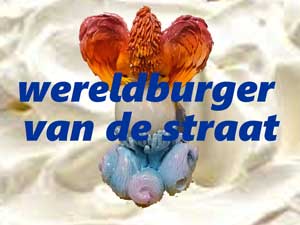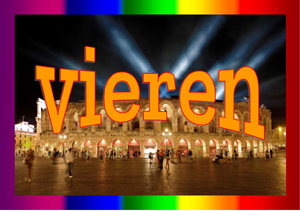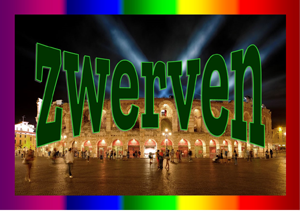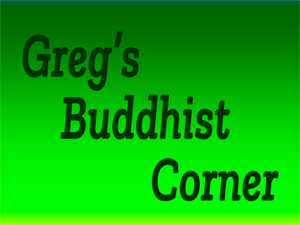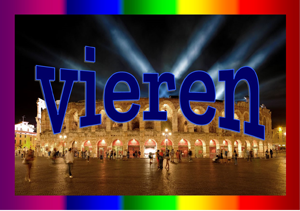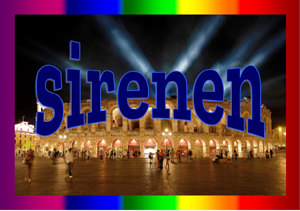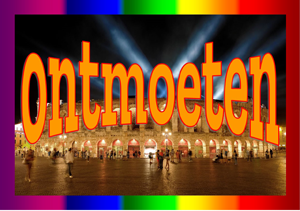By Greg Suffanti
QFWF, quest book no. 4, July 2018
Chapter 2: “God made the World,
But the Dutch made The Netherlands”
The two philosophies of the Netherlands are about the practical & the logical
I marveled at the beauty and efficiency of the systems of dykes and canals throughout the country. The Netherlands, with her flat, highly farmed lands and charming, clean towns and cities, was just like Amsterdam: the waterways and canals moved goods and peoples; their beauty was secondary, their practicality paramount.
I would be learning more about the worlds of the practical and the logical in the years to come; I would learn that these are the two guiding philosophies of the Netherlands. This was northern Europe, where reason ruled: not emotions. To survive in this inhospitable part of the world, one needs to rely on one’s intelligence, not one’s emotions.
Why does such a tiny country need two names anyway?
I live in Amsterdam, which is in the province of Noord (North) Holland. The two names, the Netherlands and Holland, are seen as interchangeable and synonymous with each other. However, to a Dutch person, there is a difference.
Should this topic come up when you are visiting the Netherlands, your Dutch contact will surely tell you why you are incorrect if you mix the two up. And yet, you are also correct. Most Dutch people interchange the two names as well, by the way.
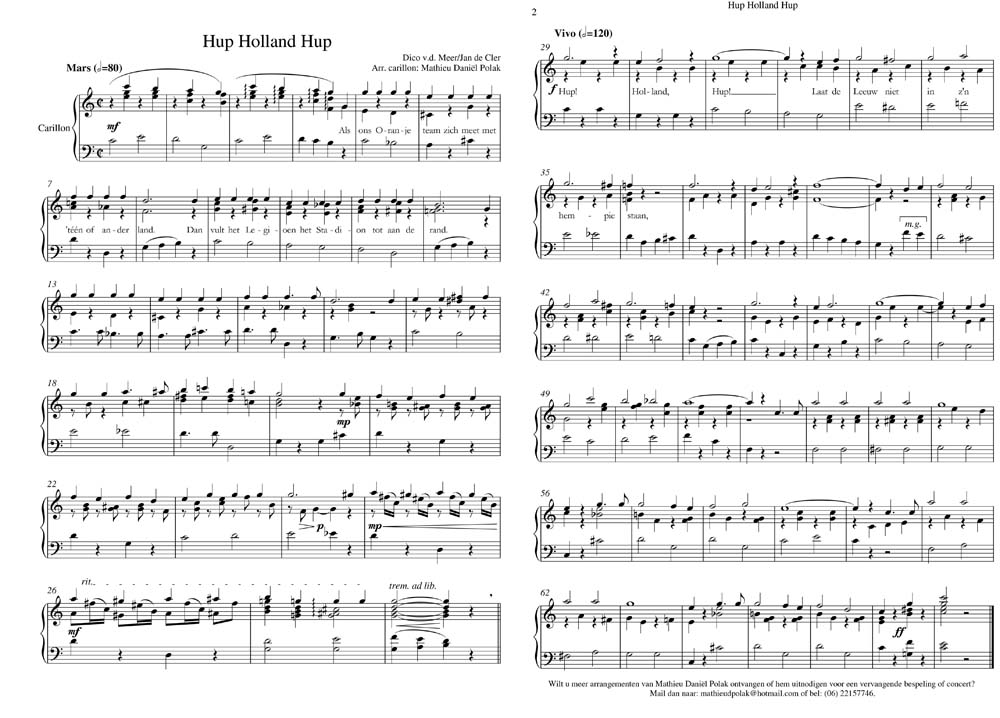
If you’re a football/soccer fan, you’ll recognize the Dutch national team instantly, with their orange uniforms (think William of Orange). The supporters don’t yell, “the Netherlands! the Netherlands!” That wouldn’t even sound right. Could you imagine fans shouting in unison, “The United Provinces of the Netherlands! The United Provinces of the Netherlands!?” As you know, they put on crazy orange wigs, shirts and hats, wave the national flag about and shout, “Hup (go) Holland Hup!”.
When the Dutch East India Company was ruling the seas, and conquering places like Indonesia, the sailors were mostly from either Rotterdam (in South Holland) or Amsterdam (in North Holland). They said of course, “we’re from Holland”. And so the story goes.
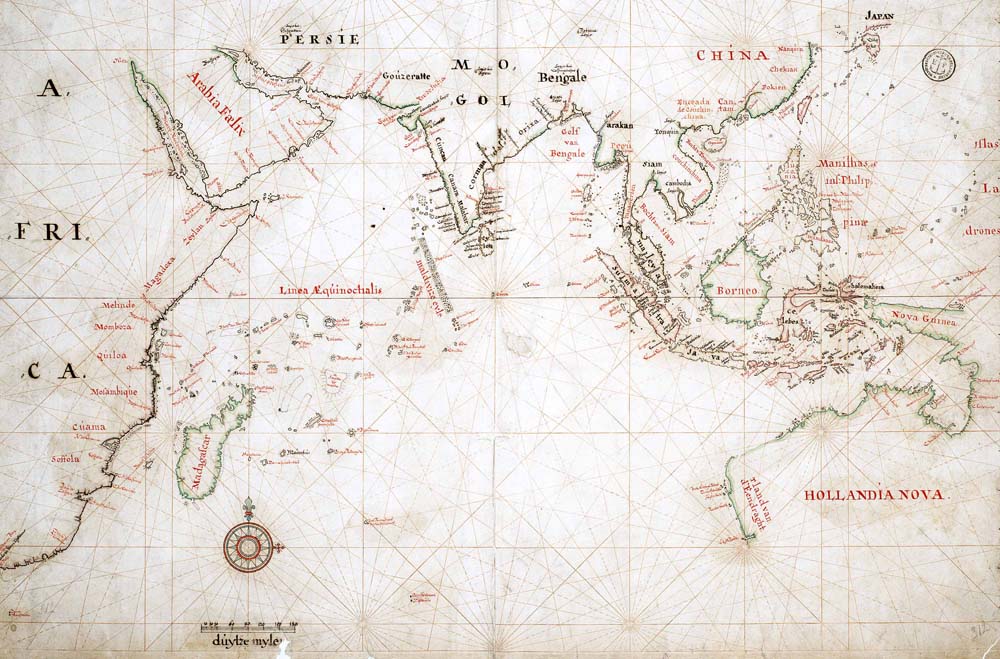
Since 2010, the Netherlands officially includes the 12 contiguous provinces located in northern Europe (Nederland), plus the southern Caribbean islands of Curaçao, Aruba and Sint Maarten.
Also in that year, the tiny southern Caribbean islands of Saint Eustacius, Saba and Bonaire (off the coast of Venezuela) became special municipalities of the Netherlands.
And if you don’t find that confusing enough: until 1945, the Netherland(s) included (Nederlands Indië) Indonesia; before 1962 it included Nieuw Guinea; and until 1976, it included Suriname. Prior to that, the island of Bonaire came into Dutch hands in 1636 when they seized it from Spain during the Eighty Years War.
Holland and the Netherlands are synonymous; however, they are technically quite different. Practically speaking, it’s just easier to say Holland, rather than the Netherlands. Everyone knows what you mean if you say “Holland”, however, you may just not be correct. That’s all.
The Dutch culture was based on a Calvinistic way-of-life
The Dutch were mysterious to me. Watching as an outsider, wanting to get “in”, I found myself trying to make sense of my new surroundings, trying to figure out just how these people were different from my fellow Americans.
They were certainly taller (they are the tallest people on earth) and thinner than the average American. The Dutch always seemed to be on-the-go, their sober faces studies in seriousness, as they walked briskly past me, or whizzed by silently on their bikes, sometimes riding without even using their hands.
My impression was that this was a reserved people, who definitely had an air of being totally in control of their emotional worlds; just like they purposefully channeled and used water. In astrology water is the sign of the emotions.
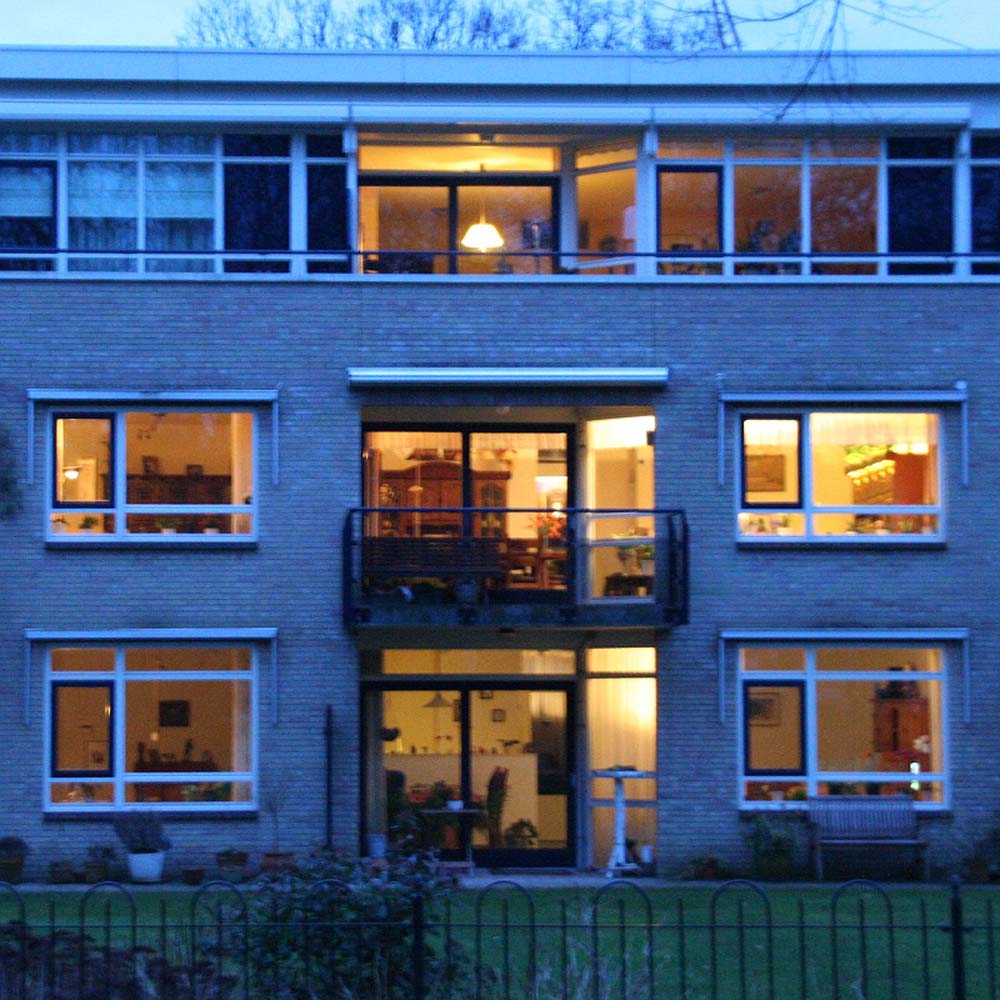
I learned that the Dutch view of openness often included leaving the curtains open. This seemed to proudly announce, “I have nothing to hide” and “see how tasteful and organized I am”. I was starting to get a firsthand understanding of what Calvinism meant in its practicalities. The Dutch culture was based on a Calvinistic approach to life.
According to the Cambridge dictionary, the meaning of the word Calvinistic is “having severe moral standards and considering pleasure to be wrong or not necessary”.
This definition didn’t jive at all with the things I saw on my daily walks: prostitutes promoting themselves in shop windows throughout the city, the 200 hundred “coffeeshops”, or the packed cafes and clubs.
All must fully participate to the best of their ability
I would learn that the Dutch way of life was really quite strict in its rigorous approach to cultivating the self. This parliamentary democratic constitutional monarchy was based on an ethical foundation that was based on plain old-fashioned hard work.
The welfare state could succeed, because it was implicit in Dutch culture that all must fully participate to the best of their ability. As the Dutch say, “stilstaan is achteruit gaan”, meaning that to do nothing is to go backwards in life. There is a lot to be said for societal influence: it can be used for the positive.
To me, the Dutch had perfect manners, and everyone seemed to say both please (alsjeblieft) and thank you (dank je wel). Men often sat fully cross-legged. This was something considered effeminate in America’s macho culture. I occasionally had lunch at café Luxembourg on the Spuistraat in Amsterdam. It is an old-world, traditional grand café, with both indoor and covered terrace seating.
What I observed at cafe Luxembourg was the same as in all of the Netherlands; people ate using both a fork and knife. I found this very civilized, and immediately broke my very American habit of using my fork as both a cutting and an eating utensil. I felt awkward and unsophisticated.
I had a near worship mentality of the Dutch
I had a near worship mentality of the Dutch when I first arrived. I marveled at the beauty, prosperity and orderliness of Amsterdam. Through the years I would discover that these qualities were also accurate descriptions of other cities I visited in the Netherlands; like Leeuwarden and Groningen in the North, Eindhoven and Maastricht in the South, and Rotterdam and the Hague (Den Haag) in the West.
It is immediately apparent in all of these cities that the prosperity is shared; there are clean, green spaces, state-of-the-art services for all, good public transit, and beautiful pleinen or town squares packed with people and cafes, restaurants and shops.
The Dutch are planners supreme, serious in all they undertake. If you ask a Dutch person out for coffee, you’ll typically hear something like, “yes, I can tomorrow for about half an hour, or in six weeks when I have more time”. I buy my first agenda and start planning my own life.
Everything in the Netherlands by appointment only…
I start a habit that continues to this day, of recording all of my appointments in my agenda. Everything in the Netherlands is by appointment only. You don’t just “drop by” for a cup of coffee in this coffee-culture country.
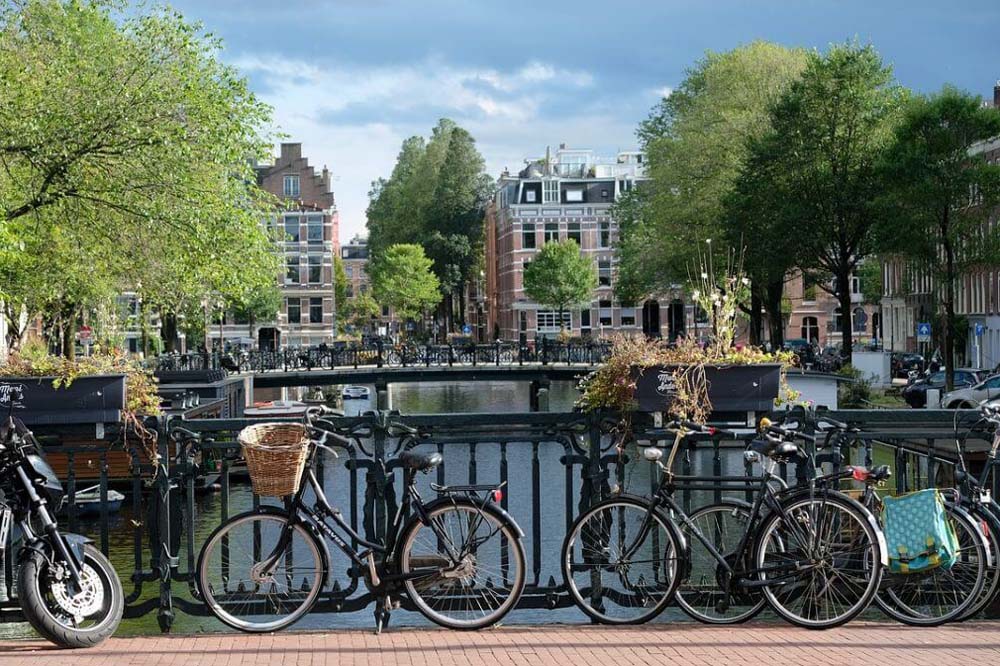
Those first few months were adrenaline driven. As awful as I felt most of the time, I was high from the spectacular newness of virtually everything in my start-up life in Amsterdam: the fifty guilders note had sunflowers on it, and it was normal to see someone walking down the street smoking a joint.
Fresh baked bread wasn’t something I had to search out, it was cheap and there were bakeries (bakkerijen) everywhere. I bought a bicycle and discovered that the only thing better than walking through Amsterdam, was riding my bike through Amsterdam. It was warming outside, and riding my bike through Amsterdam on a warm, sunny day, was as close to paradise as I’d ever been.
This is the Dutch culture in a few words …
Like a cat watching from a tree
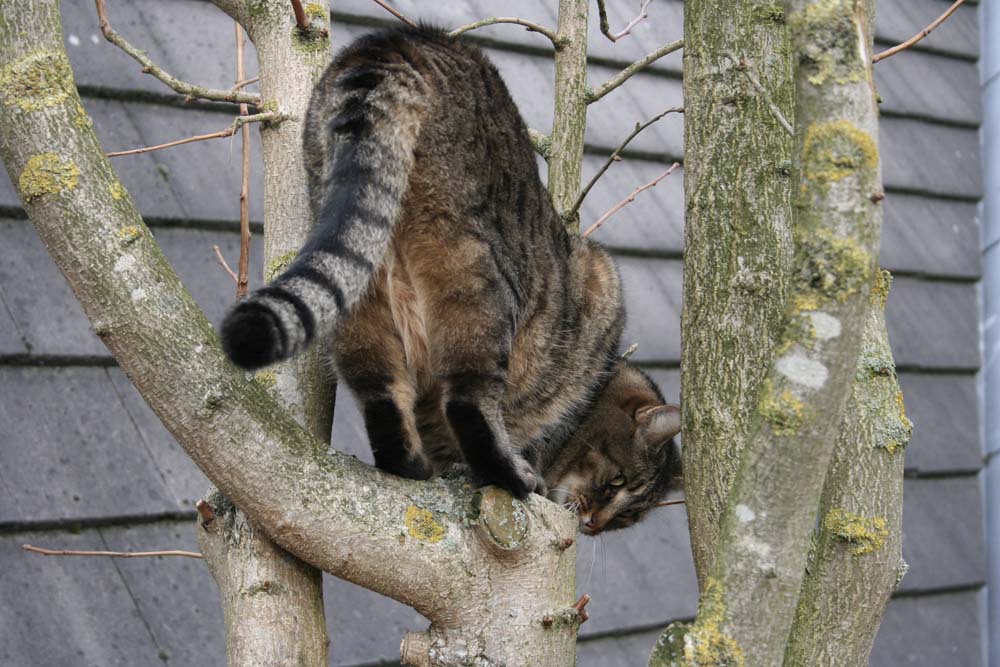
What I observed about the Dutch, along with other northern Europeans, is that they are rather private, family oriented people. There is a saying in Holland that the Dutch approach to people they don’t know is “de kat uit de boom kijken,” or they are “like a cat watching from a tree”.
Taking distance, kikkerland and koude kikkers
The Netherlands is one of the most densely populated countries in the world. People live on top of each other in all cities and towns. Since there is a shortage of physical space, apart from building more polders, there is only “mental space” left as a way of creating “space”. This is achieved by taking distance mentally, by observing, rather than participating, and taking mental distance, or (afstand). This social reality translates into the Dutch often being misinterpreted as being cold. They are not cold, they are simply not emotional people and they keep “afstand” from unfamiliar people and situations.

In extreme situations, this taking distance from everyone and everything results in someone becoming a “koude kikker”, or cold frog. It is an insult to call someone a “cold frog”, but, all Dutch also lovingly know their cold, wet and grey land as “kikkerland” or “frog land”. The actual origins of the Dutch being portrayed as frogs dates to the eve of the Second Anglo-Dutch war in 1665, when English satirist John Ogilby wrote a scathing piece about the Dutch entitled, “Of the Frogs fearing the Sun would marry.” It may sound a bit derogatory, but the Dutch are realists, not romanticists, and there really are a lot of frogs in this country. My experience is that most Dutch people love their country, just like most Americans love their country, and that the Dutch actually have a sense of humor about what it’s actually like to live in the Netherlands.
The Dutch are always in a hurry to accomplish their many tasks, but they are never in a hurry when it comes to entering into any kind of new relationship. I wasn’t going to meet that neighbor that invited me over for a cup of coffee and became my new best friend.
Weighing the pros and cons…

People here watch and evaluate. The Dutch weigh the pros (voordelen) and cons (nadelen) of virtually everything in life: this is the Dutch culture in a few words.
They take their time, and if not sure, do not act. Spontaneous is the last word I would use when describing the Dutch. I’ve heard this very topic of spontaneity often enough discussed on talk shows through the years to know that some Dutch are rebelling against the constraints of their Calvinist backgrounds. I actually like that friends don’t just “drop by”, as this lack of spontaneity gives me more guaranteed space in my life.
Kop op!
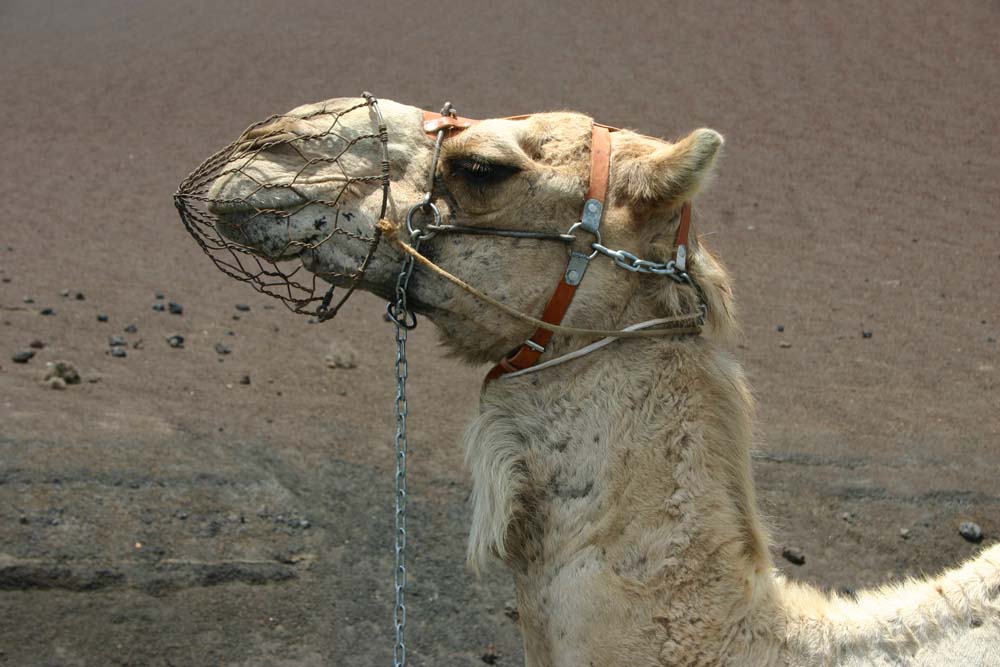
I’ve had the great pleasure through the years to always have had Dutch friends. They are among the most loyal and true friends I’ve ever had. They may seem a bit proud and stoic at times compared to the average American, but, the Dutch culture is the culture of the individual, not the culture of the great masses. Their approach to life is to keep their head high, or “kop op” and to mind their own business.
Koppigheid
The Dutch are famously intransigent, and stubbornness, or “koppigheid” and stoicism go hand in hand with the Dutch. I was told many times during those first couple of years that I’d never make it… that Dutch culture was too different and the weather too depressing.
I intuitively understood this new culture I was living in, and I understood that it was going to take years to make friends and build a new life. Even though I was sick, I still longed to belong. I wanted to be a part of something so that I had a place in this new world of mine. I saw my new reality and I accepted it, but I don’t think my understanding of the cultural mechanisms felt like much consolation as the lonely months passed.
It felt like there were societal walls and dykes keeping me trapped in my world of isolation.
The honeymoon was soon to end…
Soon, I’d feel like a refugee as my money began to run out and I needed to rely on my mom in order to stay in Holland and live my dream. Soon, I would discover that there was no work for me. Soon, I would be “kicked out” of “my” new and “illegal” home. Miraculously, I would be offered a new one, but, it was anything but new, and it didn’t even have a shower. Soon, I would start constantly getting sick as my immune system began to fail. Soon, I’d feel like a refugee, a sick refugee. Soon, I would be surviving only on hope, even though my future looked hopeless.
I was confronting my greatest fear… living alone
My journey to Amsterdam saw me confronting one of my greatest fears: to live alone. An English friend of mine once remarked, “there’s alone, and then there’s alone in Amsterdam.” It was exhilarating at first to be in a place where I knew no one, but after a while, I ached inside for conversation and companionship; for something that spoke of home. I was too alone, and yet I was not well enough to really do anything about my situation. Also, I was afraid at that time that anyone finding out about my HIV/AIDS might mean the end of my time in the Netherlands. For the time being at least, I had my mom visiting and I was excited to show her my new world, and explain to her what I was seeing and experiencing.
The weekends were the toughest
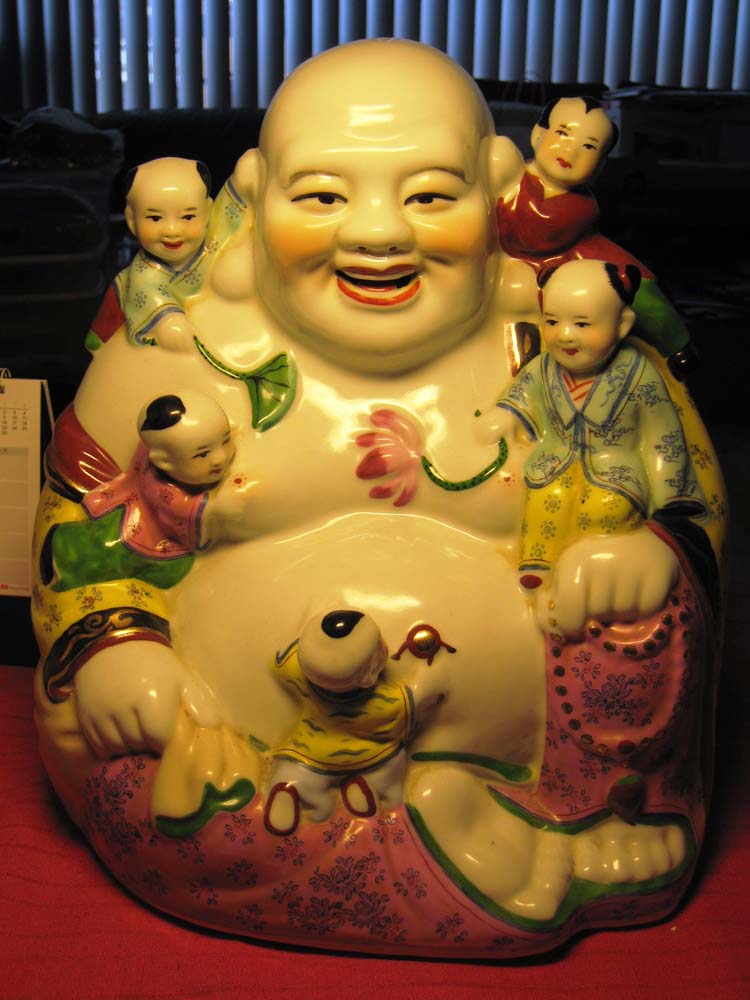
During the week, I attended language lessons a couple of times and found enough to do to make myself feel like I had had a productive week.
The weekends were the toughest: Saturday, with everybody rushing through the city, busy with their free day; then Sunday, when the streets were deserted, except for tourists exploring the city.
Sunday afternoon was soul-destroying in its silence and my loneliness was only amplified as I walked the streets in the often soundless silence.
All of this would change in a few months when I started taking classes at Maitreya Instituut, but for now, I could only savor the short sixteen day visit of my mom. It was fantastic to have something to do every day, and especially on the two weekends she was here in Amsterdam. I was trying to put a life together, but it was hard.
My mom
My mom would come in June and I’d proudly show off my new home and my new homeland. I even took her for a ride on my bicycle. She was a great source of comfort to me at the time and she really encouraged me to believe in my dream of starting a new life in Amsterdam and to never give up on my dream.
My mom’s visit was like a breath of fresh air that June of 2000. I had lived at home until I was eighteen, had housemates at university, lived with my brother in Los Angeles for two years after graduation, and then spent a total of ten years living with Peter. I had never been alone before for more than a few days. Until now.
With my mom’s visit, I suddenly had places to go and things to do. I felt like I belonged somewhere and I was showing off my great new love to my mom: Amsterdam.
She was positively extravagant
My mom’s visit made me feel slightly like a child again, as though I needed my “mommy” to come to my rescue. At that time, I craved something familiar and trusting after all the changes and the newness of just about everything in my life.
The truth of course, is that I needed my mom more than I ever had. I had never experienced this sort of loneliness before and I had become starved for company, so, I more than welcomed her visit.
We would meet up each day over shared meals and I’d regale her with endless facts about Amsterdam and all the plans I had for my new life. I felt validated somehow, because my mom supported my dream.
My being ill was readily apparent; I was bloated from the side effects of the medicines I had been taking, and I struggled daily to keep up with my then 66 year old mother. We didn’t discuss my being ill. I was looking forward (and not backward) with an almost blind optimism, and she did nothing but encourage that approach.
Looking back now, I can see how different that trip must have felt and been to her. It was almost as if she was saying a last goodbye on that trip.
Booking a suite at the Ambassade Hotel on the Herengracht
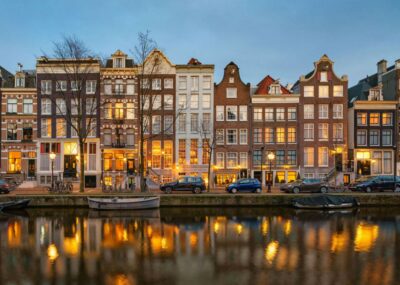
Always prudent with her money, on this trip she was positively extravagant, booking herself a suite at the Ambassade Hotel on the Herengracht in Amsterdam, as well as treating me to a luxurious Parisian jaunt.
In those days, HIV was a death sentence, and with my low T-cell count, there was no reason to expect anything other than an early death. This she knew of course, and it must have been difficult back then for her to see her child suffering from illness.
At the time it felt like a party
Today, she refers to that period as the time when “I wasn’t doing so well”. At the time, it felt like a party in celebration of my new Dutch life.
My mom would make numerous trips to Holland in the years to come, but it will always be that visit which I will cherish most: the great luxury of being an adult and still having my mom there to help me when I needed it most. I survived Amsterdam because of my mom’s generosity. It’s as simple as that.
Now I understood why mothers say, “you never stop being a mother.”
A magic and a charm that sparkles…
It was mostly sunny and warm during her two week visit, and Amsterdam, under these often elusive conditions, has a magic and a charm that sparkles even more irresistibly under the summer sun.
She could see how much I loved my adopted homeland, and she seemed to share my joy about making a new beginning in Amsterdam. Or, even more likely, like most parents, she was happy because I was happy.
We’ve never discussed that trip, or even that first year, other than me thanking her for making it possible. It seems so long ago, as does the pain of so much loneliness, but every time I see a lonely soul on the street, I feel I’ve seen a kindred spirit, for the marks left behind from those difficult years have never really left me, they’ve simply faded and become a part of who I basically am.
We spent four nights at the Plaza Athénée
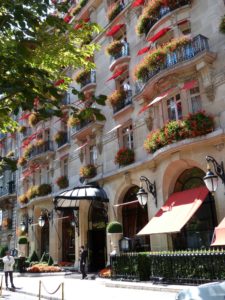
We went to Paris on the Thalys high-speed train midway on that first visit of hers to Amsterdam, and we spent four nights at the very beautiful Hôtel Plaza Athénée on Avenue Montaigne.
It was exciting to be in the heart of the city, steps from the Champs-Élysées and the famed couture houses of Paris. We often dined al fresco on that visit, as it was even warmer in Paris. I can still feel the excitement inside as I thought of myself as being European for the first time.
Sitting at cafes and talking about life…
It seems like a corny cliché now, but I was years away from understanding what might actually constitute a European mentality. To an American like me, sitting at cafes and talking about life was what Europeans did.
It must have been hard for her to see me spending most of the day in my hotel room, but, she was indomitably cheerful, and we enjoyed lunch and dinner together each day, eating in cafes and restaurants in Passy, Saint-Germain-des-Prés, Montmartre and Île de la Cité. I’d spend the time after lunch resting and reading in my elegantly appointed (and very French) room, while my mom visited her favorite museums and gardens.
My mother’s own life had been difficult, as my late father’s globe-trotting life had never really included her or my brother and I. They were divorced by the time I was four, and I watched her struggle through the years trying to play father and mother as well as take care of a home while working full time.
My father’s money meant my brother and I would always be taken care of, but, I learned early in life that money is no substitute for love. I think my mom tried twice as hard because of my father’s absence.
My apartment was illegally sub-let, and I couldn’t stay …
Towards the end of her visit, one morning while still drinking coffee, someone rang the front bell. It was a woman named Rose Pieters from De Key, a social housing corporation, or “woonstichting”.
She was very polite, and I could see her noticing my mom’s nervousness. She very soberly explained that my apartment had been illegally sub-let by the tenant, and that it was going to be impossible for me to stay.

Then, my mom asked if she was able to help me, and Ms. Pieters replied, “I’ll make sure you get another place.”
This was my first miracle in Amsterdam.
The wait list for a social house in Amsterdam is 16 years for the most basic of accommodations; want something nice, and we’re talking closer to 20 years.
I was being offered a home, a chance to stay. There was never a question in my mind that I wanted anything other than to make a life in Amsterdam, but now, I was being offered a way forward.
To this day, I think I was shown mercy because my mom was there with me.
Getting an apartment in my name meant that I existed. I would no longer feel like a tourist. My mom’s visit ended on a high note; her son had a way forward in his precarious new world.
Hope carried me through the days and nights
After my mom’s visit, the months passed in lonely solitude. I wasn’t well. I didn’t know a soul.
July and August passed with my hopes for the future carrying me through the days and nights. In November I would move to my new apartment, and in September I would start studying Buddhism.
Change was coming for me. It is hard to remember being so ill during this period, and it is far easier to recall the optimism I felt about my new life. There really is such a thing as American optimism: the belief that things will always get better. After all these years in Holland, this special optimism is my most cherished American possession.
End of Chapter Two, part 2.
(To be continued …)
Notes
[1] Source: hup-holland-hup
[2] Source: VOC-Octrooigebied
[3] Source: not owning curtains
[4] Source: bijzondere plekken Amsterdam
[5] Source: Balans
[6] Sources: Chinese laughing Buddha and Why-are-some-statues-of-Buddha-fat-and-others-skinny?: The fat laughing deity is not a Buddha, but a Chinese folk deity of fertility and prosperity. Over time, he has come to be identified with the current bodhisattva and future Buddha Maitreya. This may have happened because of a play on his name; meda meaning “fat” and mettā meaning ‘love” are punningly related in Indian commentaries.
[7] Source: ambassade-hotel
[8] Source: Plaza Athénée Paris 8e
[9] Source: Contract Read contracts, look for a fine print, and understand them before signing…


